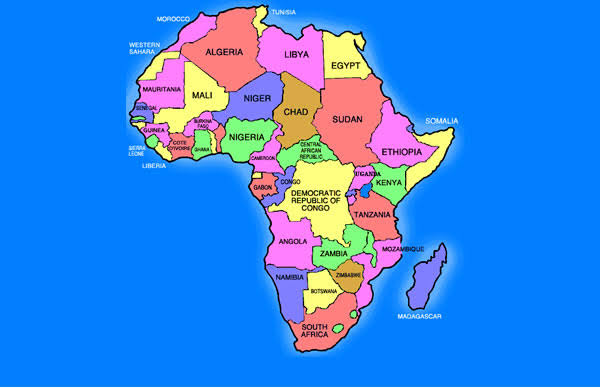As the global trade landscape grows increasingly unpredictable, Africa’s economic powerhouses are being reminded of a harsh truth — potential alone no longer pays the bills. For Nigeria and its continental peers, the path to prosperity depends on transforming ambition into action, accelerating industrialisation, and building resilient economies that can thrive amid turbulence.
A new report by the Pan-African Freescale Trade and Research Advisory Council (PAFTRAC) paints a sobering picture of the continent’s position in the evolving global order. The 2025 Africa CEO Trade Survey Report, Leveraging the AfCFTA in an Era of Global Trade Uncertainty, reveals that while policymakers celebrate the promise of the African Continental Free Trade Area (AfCFTA), many African businesses are still navigating murky waters — struggling with limited access to trade intelligence, rising costs of finance, volatile exchange rates, and unreliable infrastructure.
For Nigeria, the findings cut even deeper. Despite being Africa’s most populous nation and one of its largest consumer markets, the country is at risk of becoming an observer in the intra-African trade boom it once championed. The problem, according to the report, isn’t a lack of opportunity — it’s the country’s slow governance pace, fragile institutions, and weak execution of reform policies that could otherwise power its industries.
Nearly half of the survey respondents acknowledged AfCFTA’s role in shielding Africa from global trade shocks. Yet, awareness and usage of key mechanisms like the Pan-African Payment and Settlement System (PAPSS) and the African Trade Observatory (ATO) remain alarmingly low. The report urges countries to digitise their trade systems and embrace sustainable strategies that align with the future of global commerce.
Africa’s manufacturing weakness remains the continent’s Achilles’ heel. The report warns that the continent’s heavy reliance on imported machinery and industrial inputs exposes deep structural gaps. For instance, machinery and manufactured goods account for nearly 38% of total imports, surpassing even services and agricultural products. Most of these imports originate outside the continent — a sign that Africa is still outsourcing its industrial growth.
Even more troubling for Nigeria, the report shows the country has slipped out of Africa’s top six exporters of manufactured goods. Once ranked third, it now trails behind South Africa, Morocco, Egypt, Tunisia, Mauritius, and Eswatini, a clear indicator of worsening deindustrialisation.
To reverse the tide, the report calls for bolder reforms: tearing down trade barriers, simplifying customs procedures, and cultivating a business environment that encourages production and value addition. Without these changes, Africa risks remaining a continent that exports raw materials while importing finished products — a costly loop that stifles innovation and jobs.
For many Nigerian CEOs, the reality is frustrating. They continue to face domestic institutional bottlenecks, inconsistent regulations, and a lack of financial support, leaving them confined to local markets instead of scaling across borders.
Africa, the report concludes, stands at a historic crossroads. With global supply chains shifting and economic alliances being redrawn, the nations that modernise their systems, industrialise fast, and embrace regional integration will define the next era of trade. Those that delay risk being left behind — watching opportunity slip quietly across their borders.

